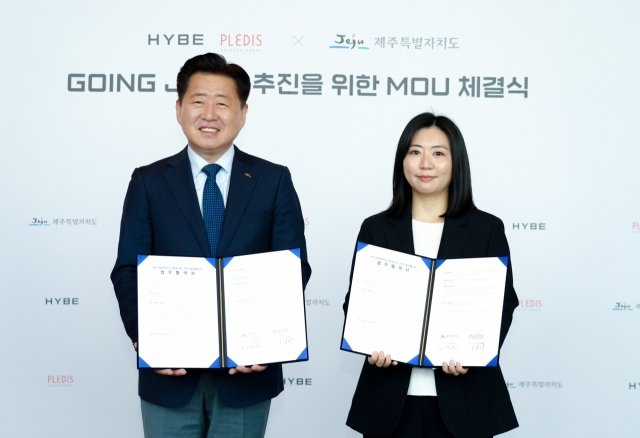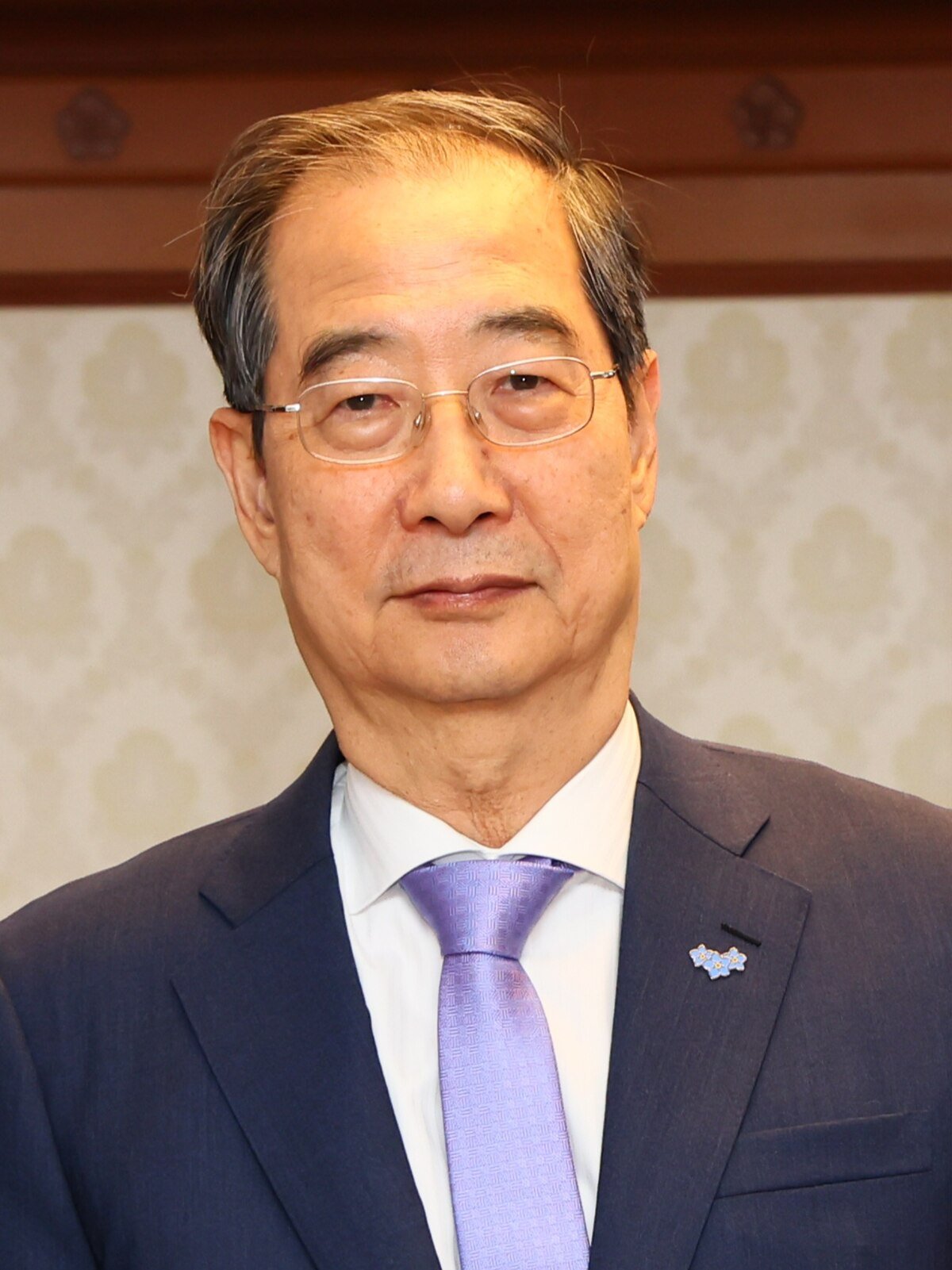
Korea should adopt more detailed guidelines for immigration authorities to effectively identify potential illegal immigrants among large numbers of incoming tourists, which is essential for addressing growing complaints from Thai travelers who have been denied entry to Korea, according to Korean tourism industry insiders, Monday.
Without prompt measures, anti-Korean sentiment is feared to escalate in the Southeast Asian country, they said.
These comments come amid an online movement in Thailand to boycott trips to Korea, which has been gaining momentum since late last year. Many Thais have reported being denied entry at Korean airports despite obtaining approval through the Korea Electronic Travel Authorization (K-ETA) before their departure. Korea is temporarily allowing travelers from 22 countries to enter the country without K-ETA registration until the end of this year, but it excluded Thailand, citing a larger number of Thais staying here illegally.
Several tourism agency officials and interpreters told The Korea Times that since the online campaign advising against travel to Korea emerged in Thailand last year, the industry has suffered significant damage.
“I have not had any private tours from Thailand this year,” said one interpreter-guide, who specializes in Thai, on condition of anonymity. “I’ve heard that several guides specializing in Thai tourists in Seoul have left the industry due to a lack of visitors,” she added.
Another tour agency official, specializing in guiding independent travelers and also requesting anonymity, noted that he has seen “zero private tours” by Thai travelers this year, despite the overall recovery of inbound tourism following the coronavirus pandemic.
The two have witnessed several Thai tourists being denied entry after being screend by Korean immigration officials.
“There seems to be no specific standards, it seems completely random why someone is turned down and others are allowed … They are just travelers who have prepared everything, from receiving K-ETA to currency exchange, to explore Korea, but they are sent back,” the interpreter said.
“One of my (Thai) friends has never been screened out and has visited Korea multiple times in recent years, while some other people keep getting turned down,” she said, highlighting that Thai visitors “may feel unwelcome due to mistreatment and uncertainty.”
Since last year, Thai users have shared their negative experiences with Korean immigration under hashtags like “Ban Korea travel” and “Korean immigration office” in Thai on the X platform, formerly known as Twitter.
Many said they would opt instead to visit neighboring countries like Japan and Taiwan that are more affordable, offer visa-free entry and do not deport tourists.
“Travel to China is now visa-free and super easy! Clean, modern, and welcoming to Thai visitors. Why risk Korean immigration?” one Thai online user wrote on X under the hashtag, “ban Korea travel.”
“I was accused of having brought too much money (to Korea) and was questioned ceaselessly like I’m some kind of criminal,” an online user wrote, while another shared the experience of being rejected for “having traveled to Korea four times in the past.”
Read More
According to Korea Tourism Organization (KTO) statistics, some 119,000 Thai travelers visited Korea between January and April, which is down 21.1 percent from a year ago. The trend goes against an overall recovery of inbound tourism, where the total number of foreign visitors to Korea jumped 86.9 percent during the same period.
As a result, Thailand, once one of the top Southeast Asian nations for tourists visiting Korea, has now fallen to third place, behind Vietnam and the Philippines.
“Korea was one of the top three popular destinations among Thais before online campaigns boycotting travel to Korea emerged, but those days are over,” Charoen Wangananont, president of the Thai Travel Agents Association (TTAA), was quoted as saying by the Bangkok Post.
Charoen believes it would take at least a year or two for Korea to regain the confidence of Thai tourists. Also, many Thai tourists have switched to other destinations to avoid strict immigration rules and harsh interrogation, amid continuing reports of fellow nationals being denied entry.
In response, the Ministry of Culture, Sports and Tourism, which aims to attract 20 million tourists this year through the Visit Korea Year 2023-2024 campaign, views the immigration issue as an obstacle and requested the Ministry of Justice to ease regulations or temporarily lift the K-ETA for Thai tourists.
However, the justice ministry maintains that implementing such distinctions, especially regarding the K-ETA exemption, is difficult.
“The implementation of K-ETA is necessary as visa policies alone have limitations in controlling immigration and preventing illegal stays,” the ministry recently told a local media. “It is crucial to exercise caution regarding temporary exemptions from K-ETA for countries with high rates of illegal stays.”
The number of illegal Thai residents in Korea has nearly tripled from 52,000 in 2015 to 157,000 in September last year, according to the ministry.
Industry insiders are concerned that this trend could lead to an increase in anti-Korean sentiment and urged the government to establish a system to better screen potential illegal aliens.
“The fundamental problem is that the government has a vague definition of illegal entry and fails to provide an accurate guideline (on how to screen people with the potential to stay illegally). This makes innocent Thai visitors anxious and agitated until they reach the immigration process,” said another tourism industry insider under condition of anonymity, arguing that the administrative measure could be seen as discriminatory.
“This will not only lead to a decrease in the number of inbound tourists, but could further foster anti-Korean sentiment and negatively affect the bilateral relationship,” he said.
“My clients keep asking me, ‘What are your (country’s) standards? Why do they screen us? Is it a discrimination against our country?’ Unfortunately, I have nothing else to say,” the interpreter said.
Tourism ministry officials contacted by The Korea Times declined to comment, citing the sensitivity of the matter.







